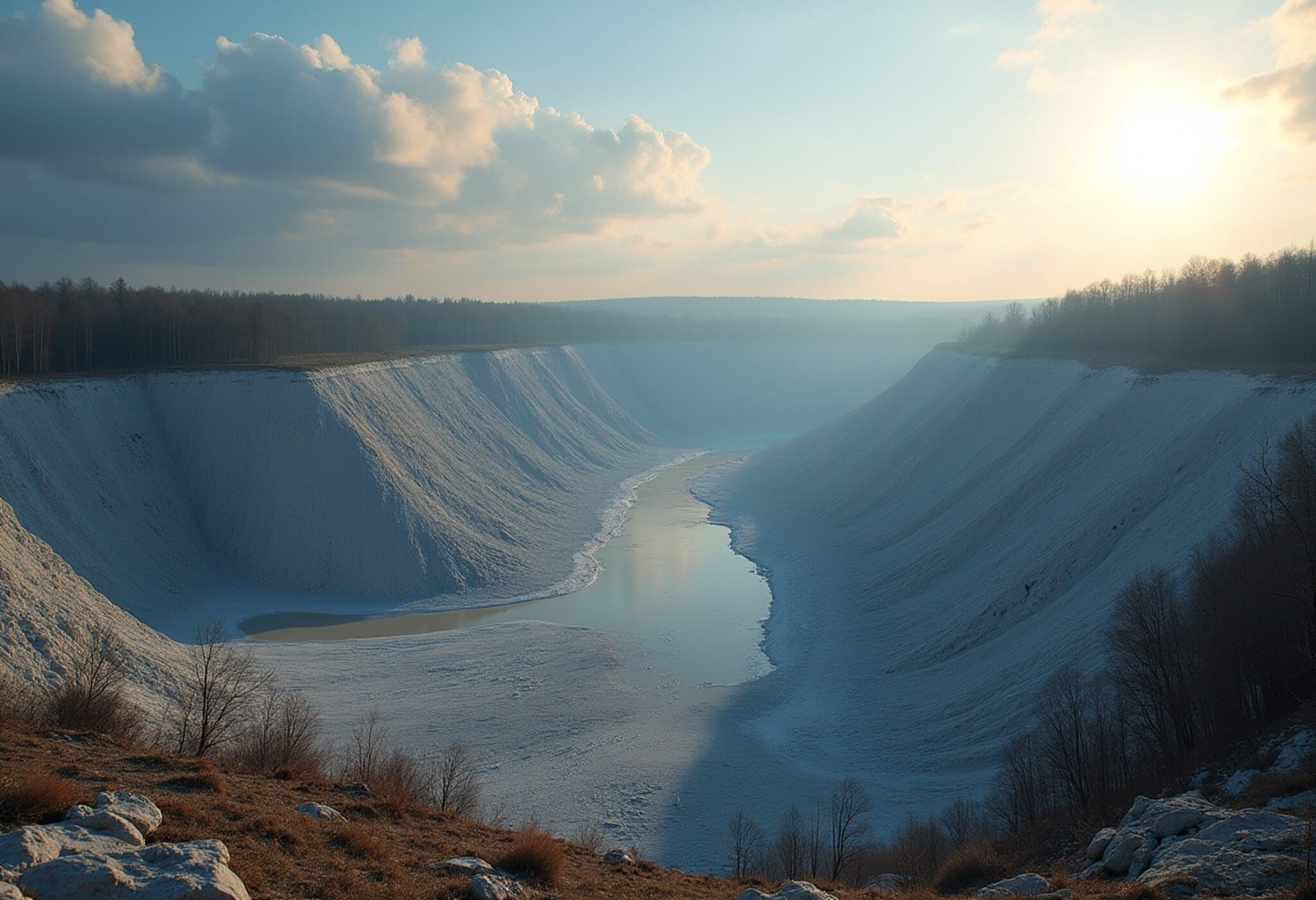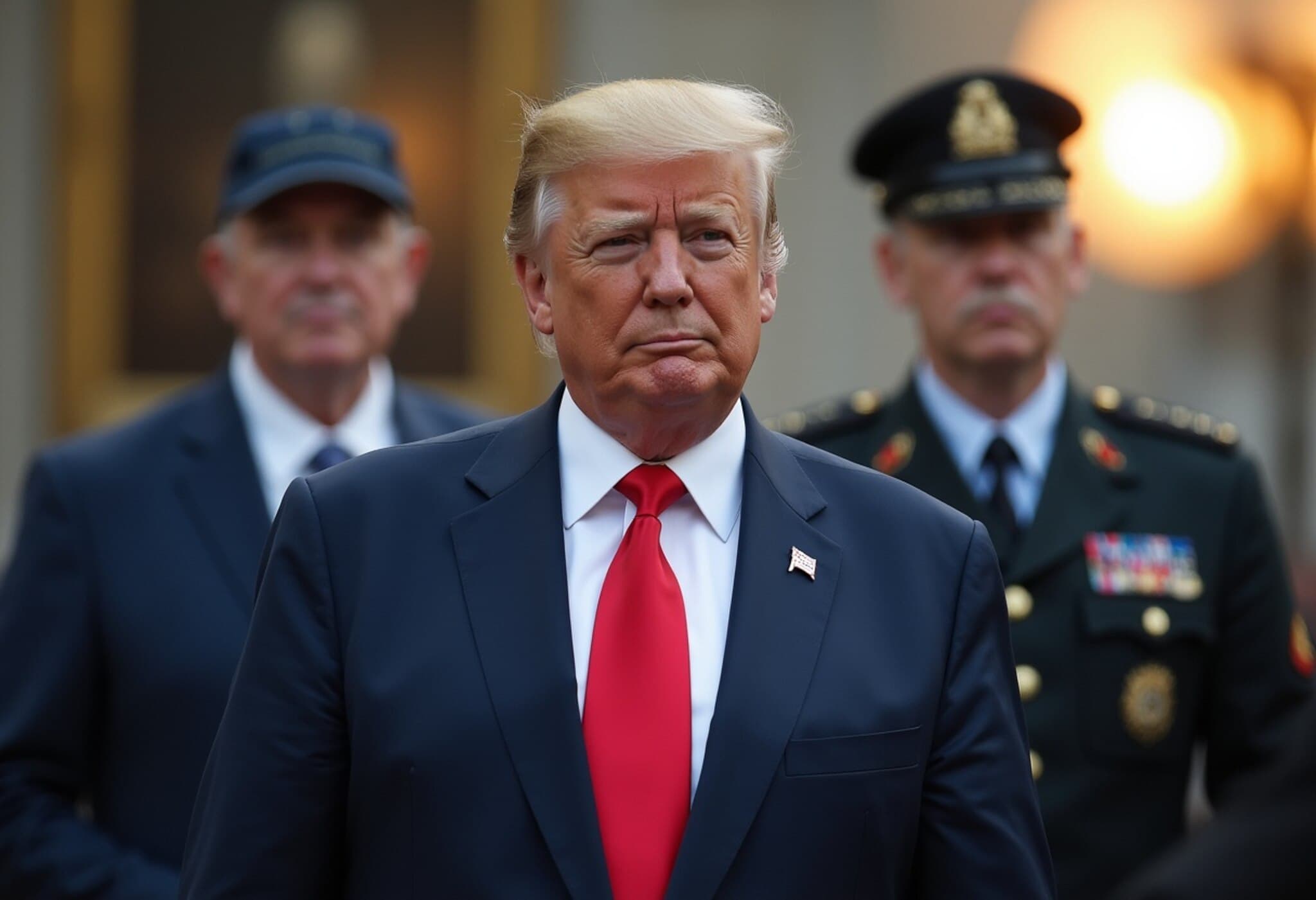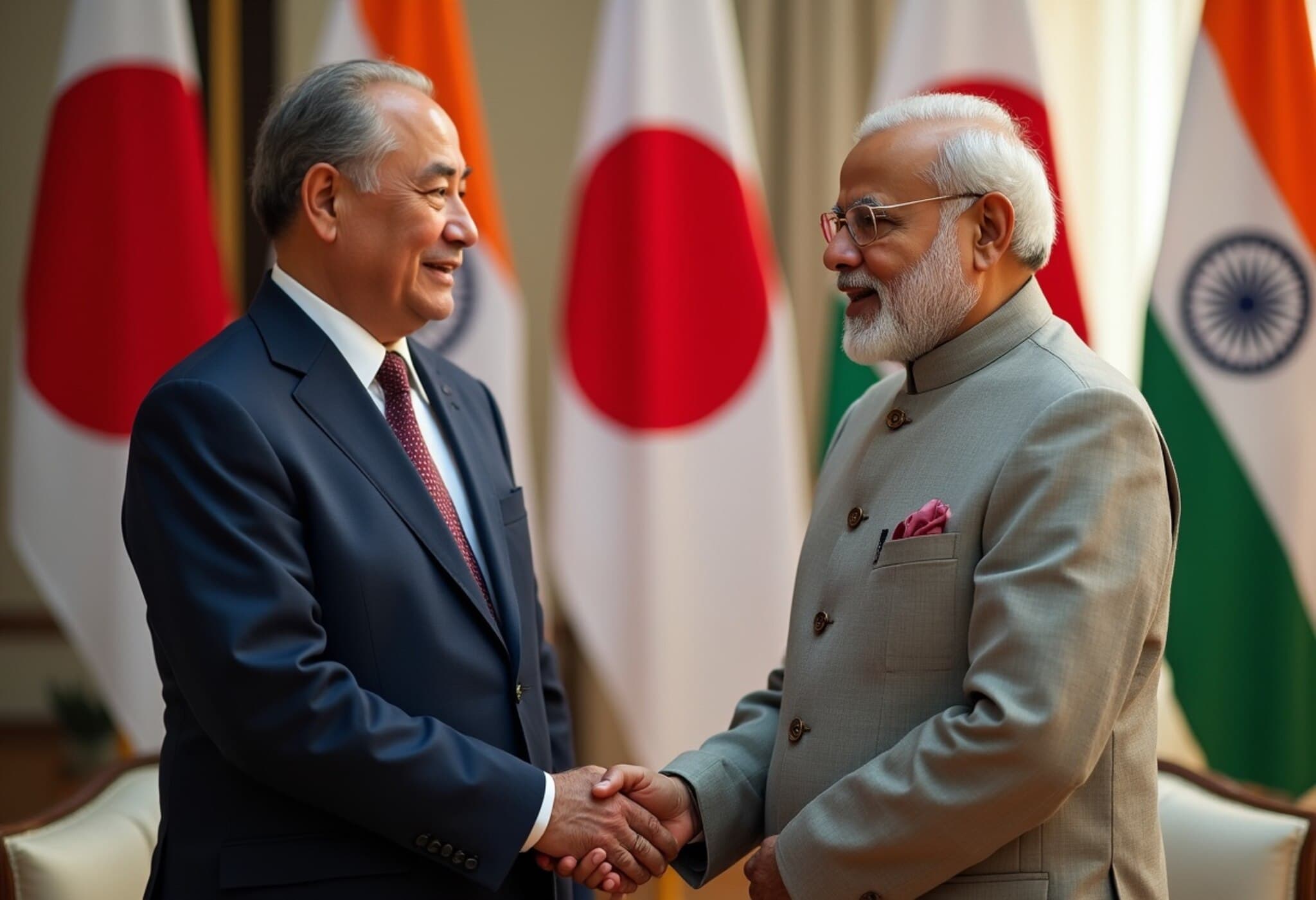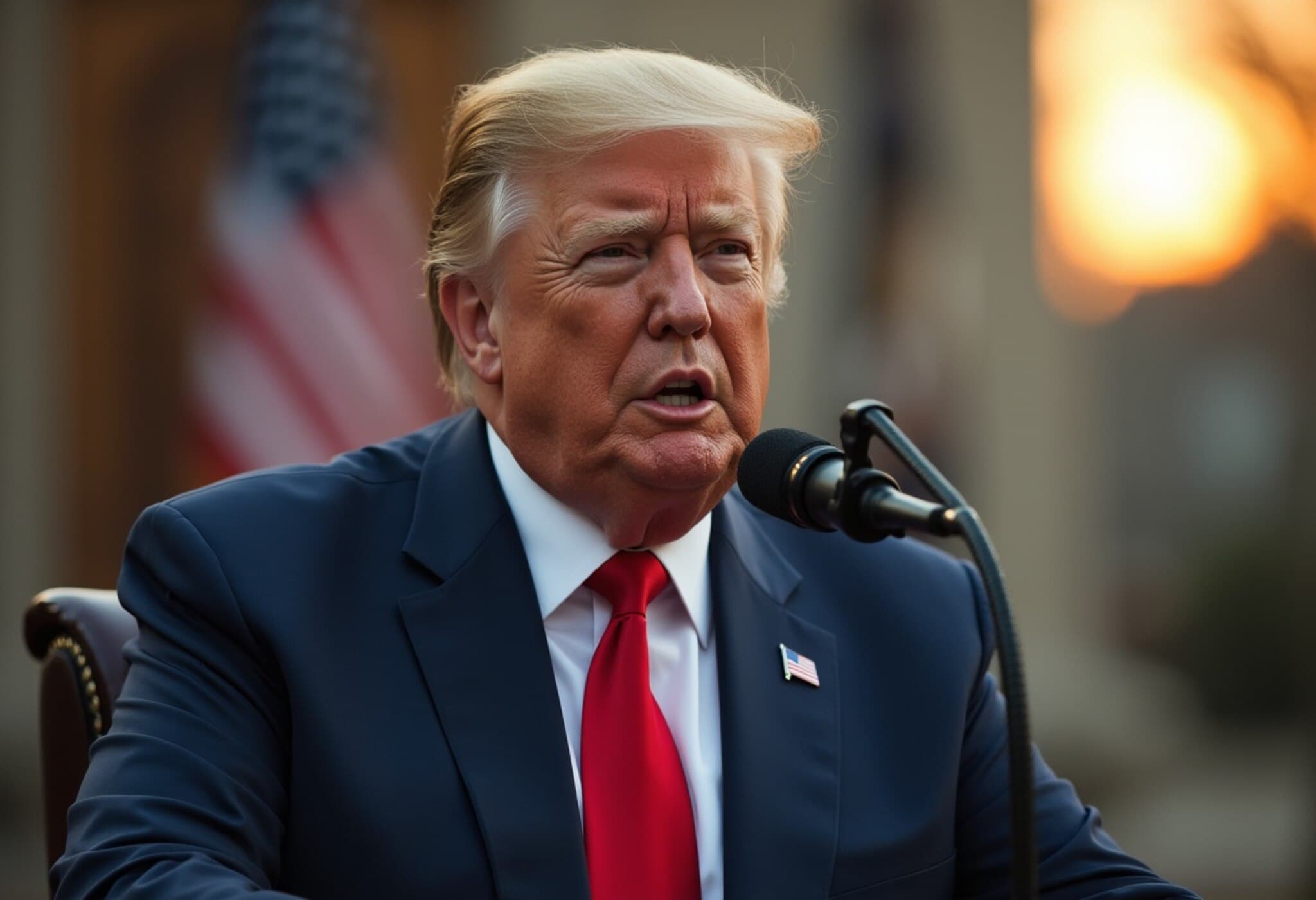Ukraine Opens Bidding for Strategic Lithium Deposit in Kirovohrad
In a significant development that highlights the evolving geopolitics of critical minerals, Ukraine has officially opened a tender for rights to the Dobra lithium mine located in the central Kirovohrad region. This move is part of a broader US-Ukraine minerals partnership designed to deepen American investment in Ukraine’s strategic resources amid its ongoing conflict with Russia.
Linking Resource Access to Geopolitical Strategy
The decision stems from an underlying framework aggressively championed during the Trump administration, which sought to prioritize American firms’ access to Ukrainian mineral wealth as a lever for strengthening bilateral ties and securing financial backing for Ukraine’s reconstruction efforts. Prime Minister Yulia Svyrydenko emphasized on Telegram that the winning investor will not just extract lithium but also focus on developing value-added production capacities within Ukraine, signaling an ambition for comprehensive industrial growth.
What the Dobra Lithium Tender Means for Ukraine and the US
- The successful bidder will receive a 50-year mining license and must commit a minimum investment of $179 million.
- This investment covers geological exploration as well as production and processing phases.
- Environmental compliance, prioritization of Ukrainian labor and materials, and community development initiatives are mandatory facets of the agreement.
- US military aid, including weaponry support, will be reckoned as contributions to the joint fund backing this effort.
Ukraine views this deal as a pivotal strategy to attract long-term US capital and goodwill, intertwining economic interests with security cooperation against ongoing aggression.
Contested Ground: Legal and Commercial Disputes Surrounding the Deposit
However, the Dobra site is not without controversy. Critical Metals, a company listed on Nasdaq, claims prior rights owing to its significant stake in European Lithium, which asserts ownership claims on the deposit. This complication underscores the murky realities of post-Soviet resource rights, corporate ownership layers, and the urgency to resolve such claims swiftly to not derail investment momentum.
Broader Implications: The Mineral Frontlines of the Global Economy
Lithium is a vital component in rechargeable batteries for electric vehicles and renewable energy storage, making control over its production a matter of global economic and environmental significance. Ukraine’s ability to become a reliable supplier could shift supply chain dynamics, especially for the US, which is eager to diversify its sources away from traditional suppliers.
This deal also raises thoughtful questions about how nations at the crossroads of war and resource ambition manage sovereignty, foreign investment, and environmental stewardship simultaneously. It poses a blueprint for how geopolitical rivalry can reshape natural resource strategies in contested regions.
Expert Commentary
From a US policy perspective, the ongoing prioritization of American companies in the Ukrainian lithium sector illustrates a pragmatic approach to securing critical mineral supplies while bolstering an ally under threat. Yet, the arrangement must balance national interests with local economic benefits and environmental safeguards to be sustainable and credible.
For Ukraine, the challenge is imposing transparent governance on resource concessions amid conflict, resolving ownership disputes amicably, and ensuring that mineral wealth translates into long-term economic resilience rather than short-term geopolitical gambits.
Looking Ahead: What to Watch
- How Ukraine manages competing claims over the Dobra deposit.
- The scale and pace of US-backed investments flowing into the Ukrainian mining sector.
- Environmental and community impacts from the initiation of extraction activities.
- The evolution of US-Ukraine relations concerning broader security and economic cooperation.
Editor’s Note
Ukraine’s decision to open bidding on a major lithium deposit underscores the increasingly intertwined nature of natural resource management and geopolitical strategy in a world marked by conflict and competition. While the US-Ukraine minerals deal promises to galvanize investment and strengthen alliances, it also raises critical issues about sovereignty, corporate rights, and environmental responsibility. As this story unfolds, it serves as a litmus test for how resource-rich nations can navigate foreign partnerships amid security challenges.
Readers should consider: Can such mineral deals foster durable growth for Ukraine without exacerbating local tensions or compromising environmental standards? And how will this model influence global approaches to critical resource governance in conflict zones?











